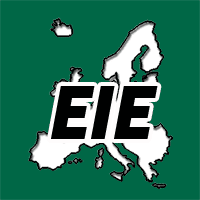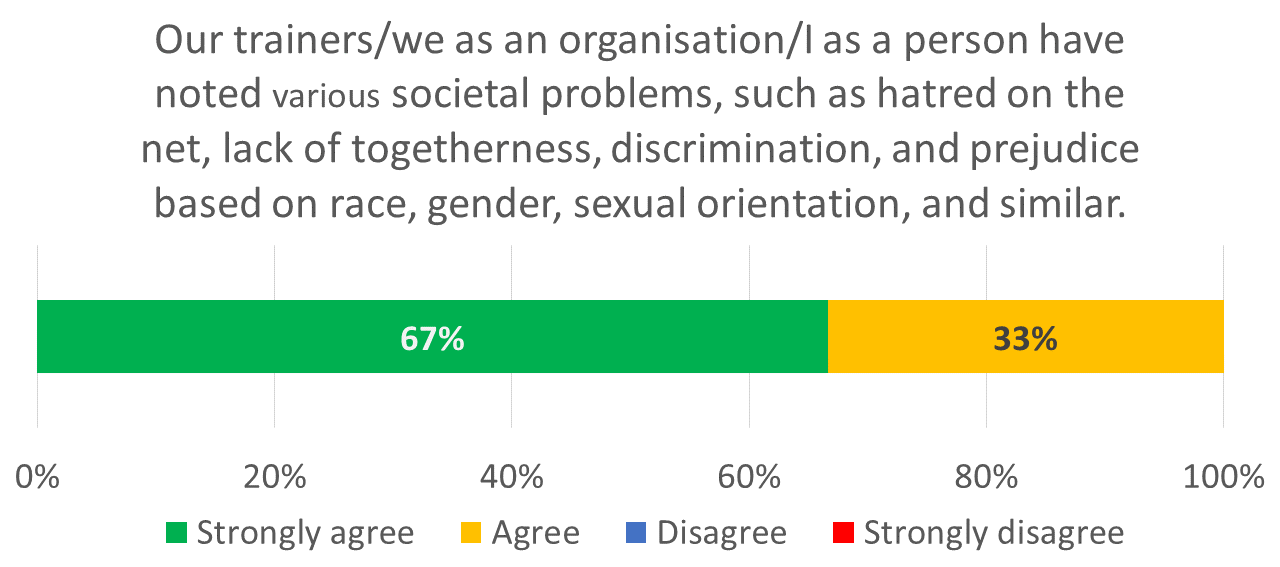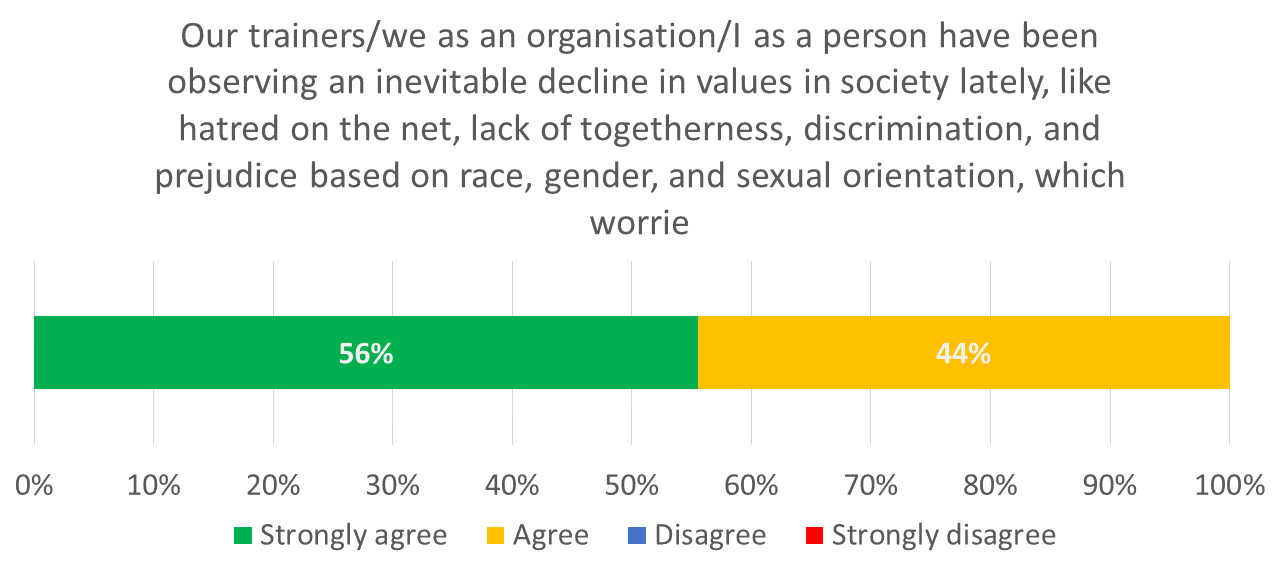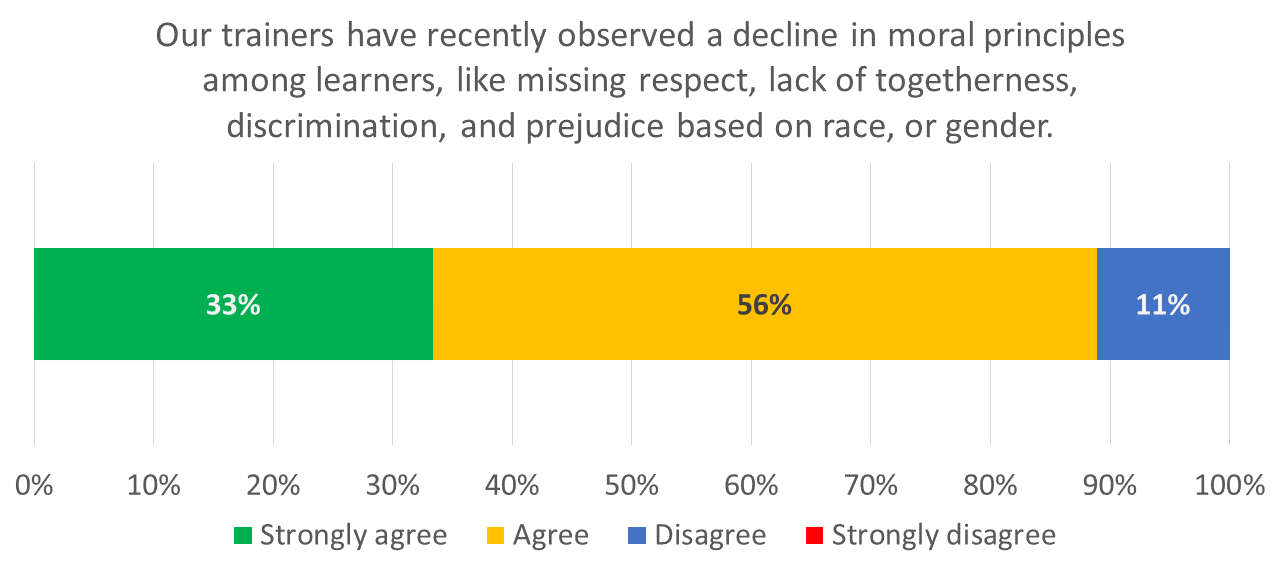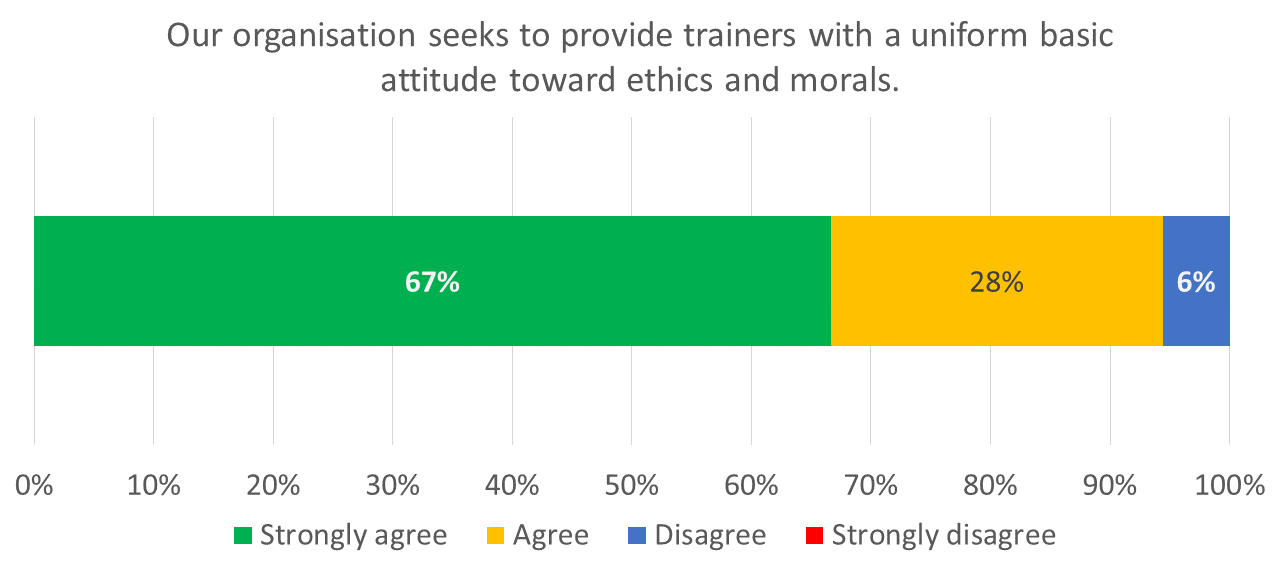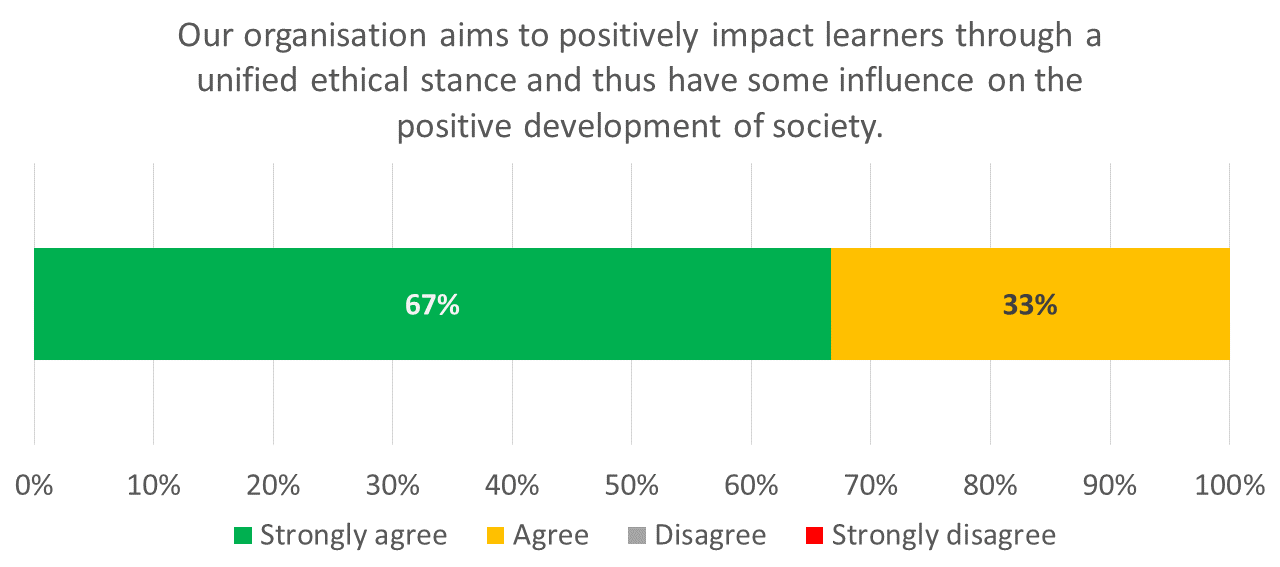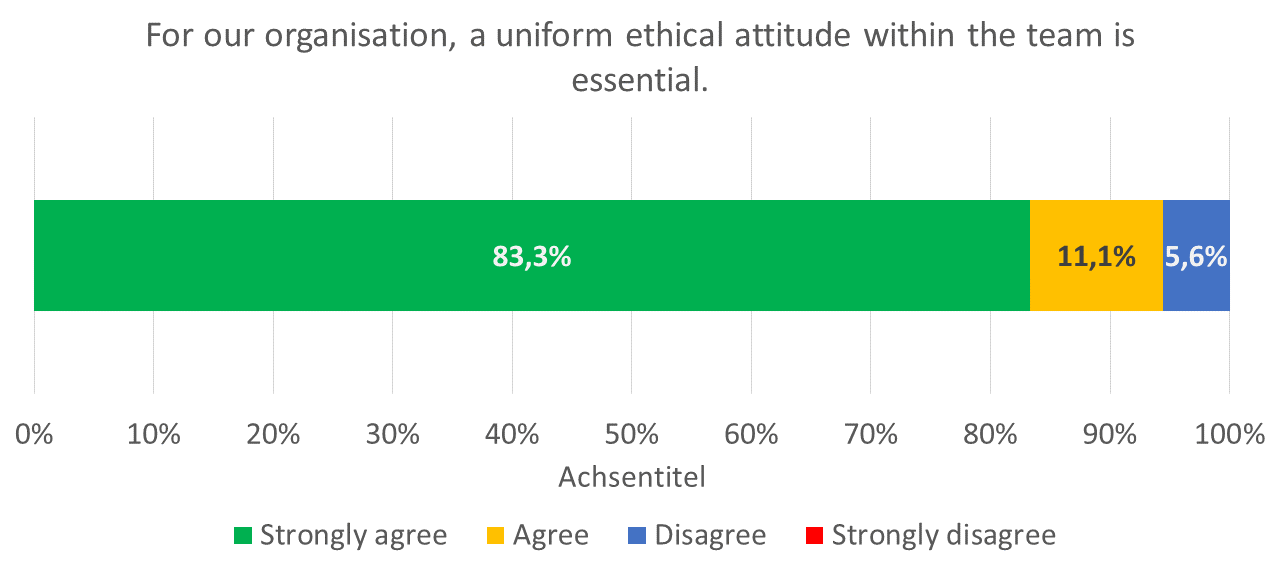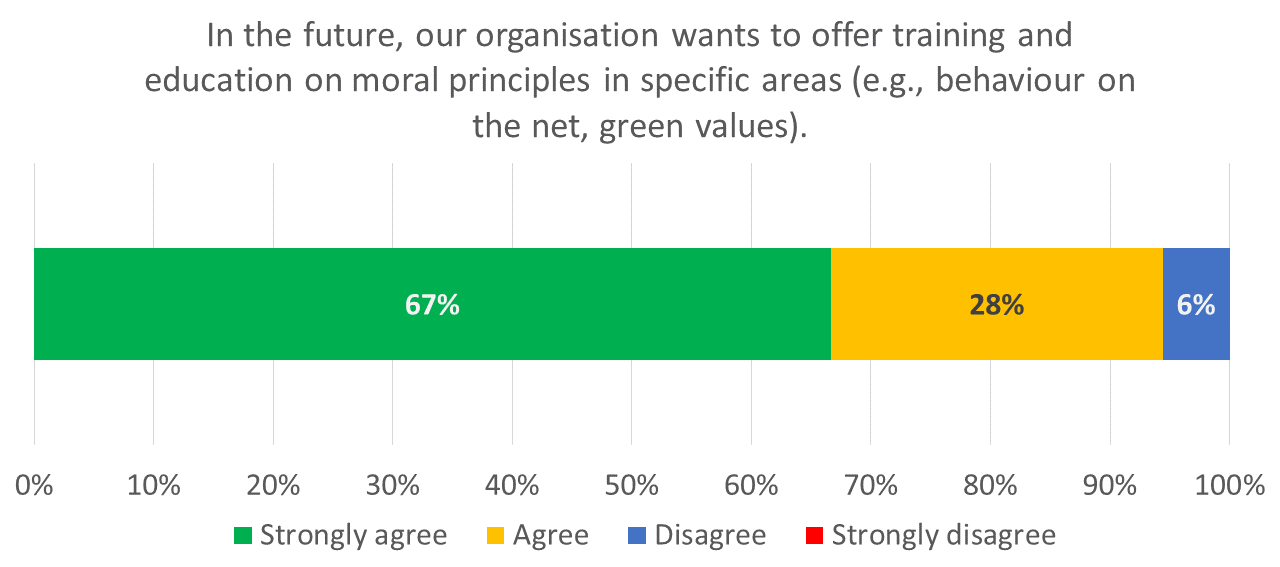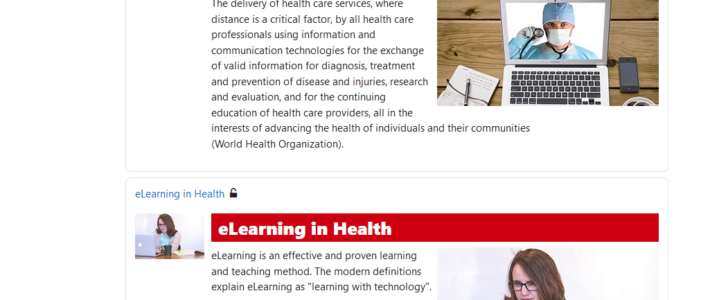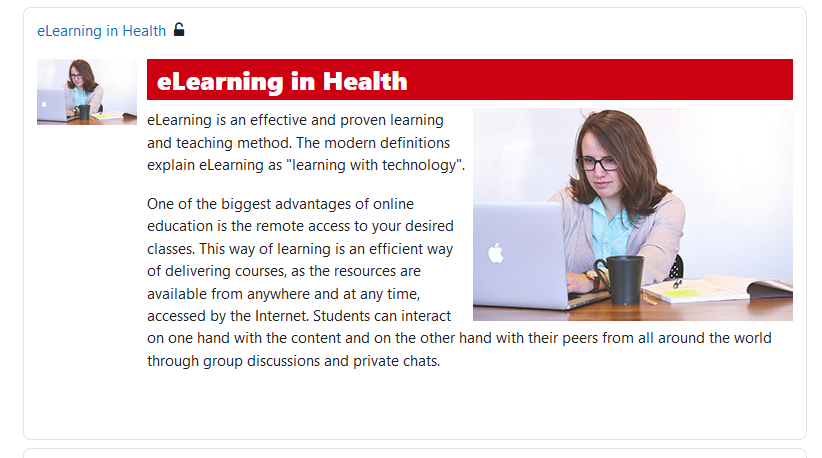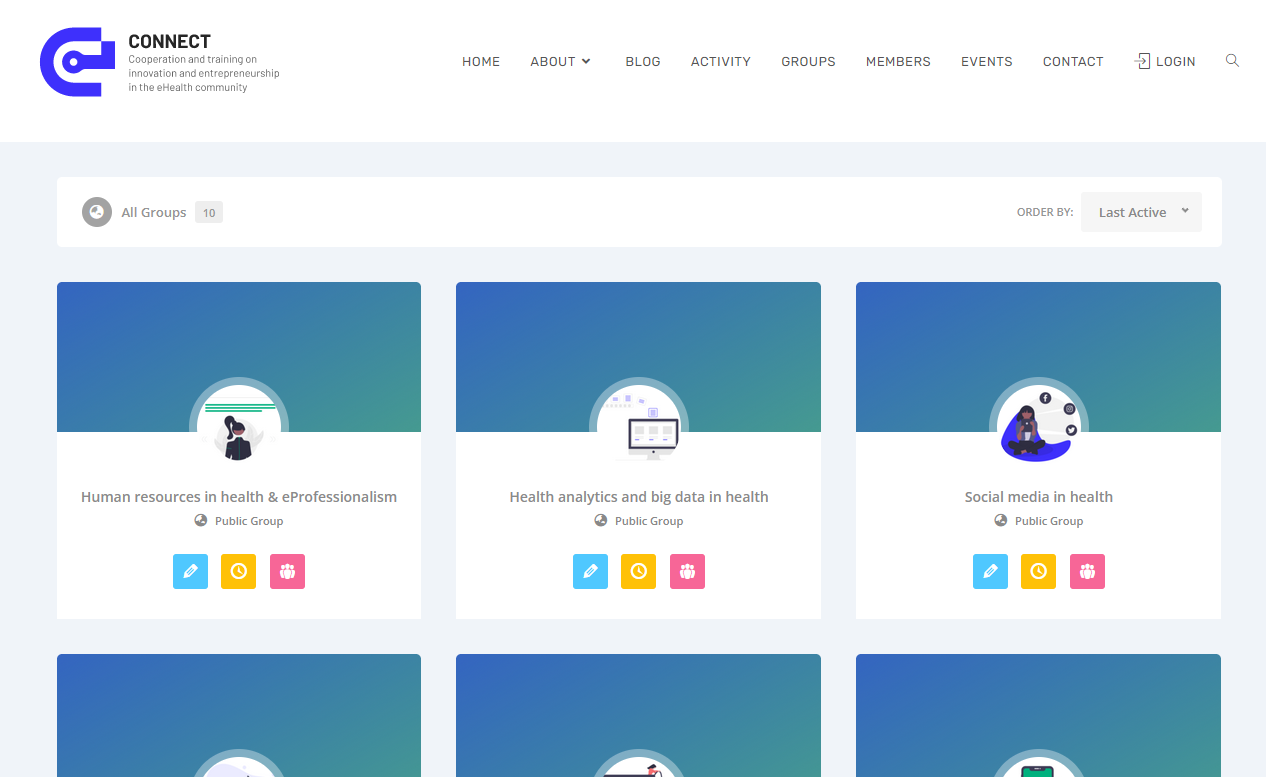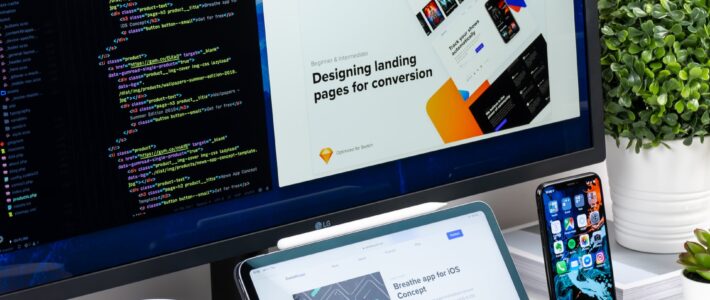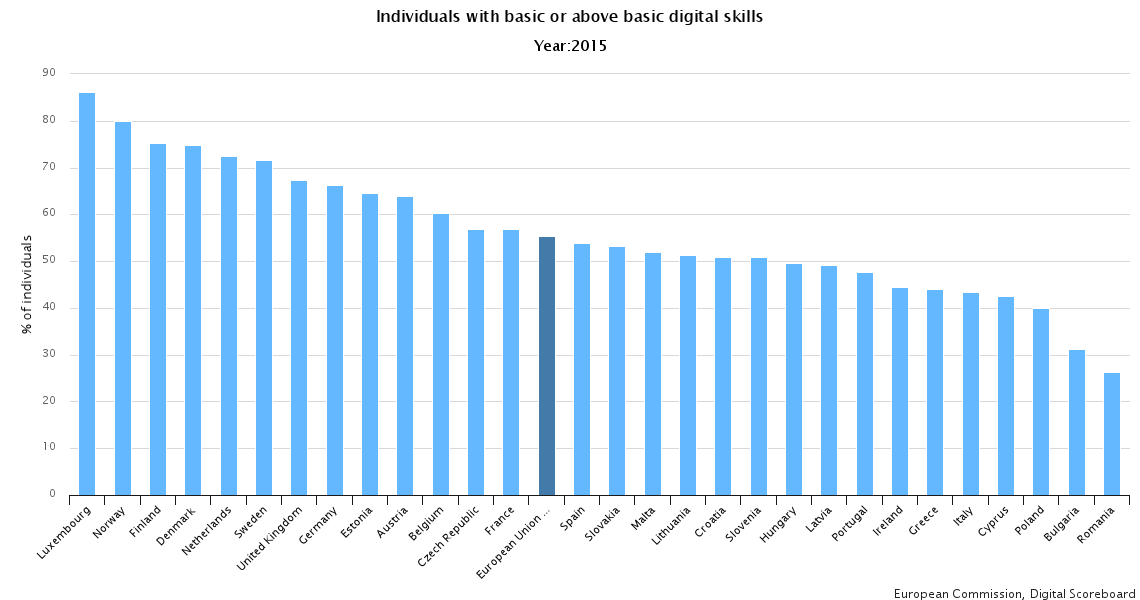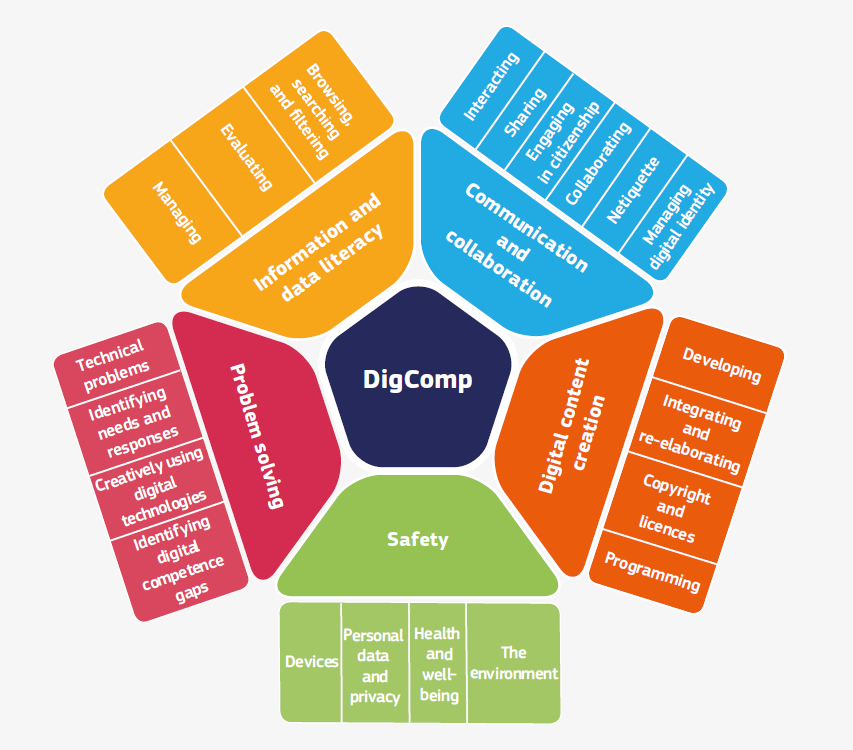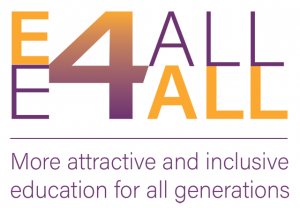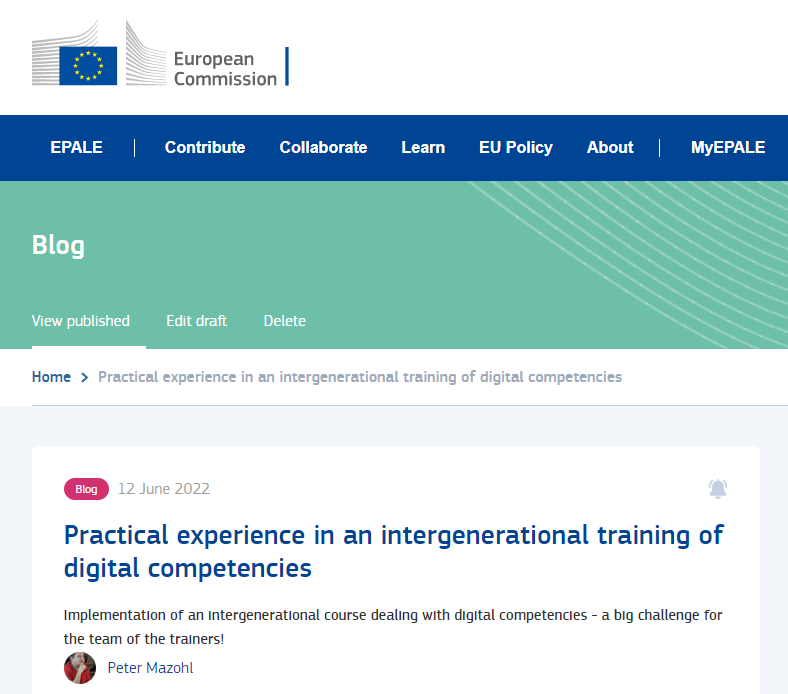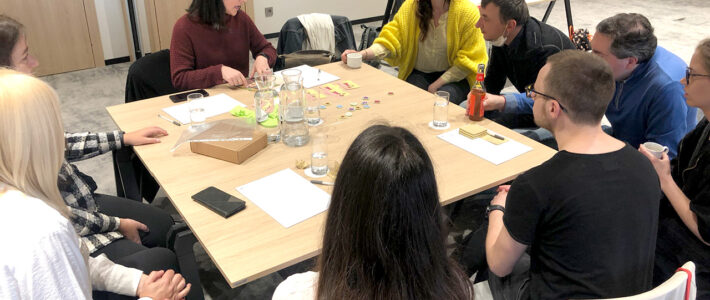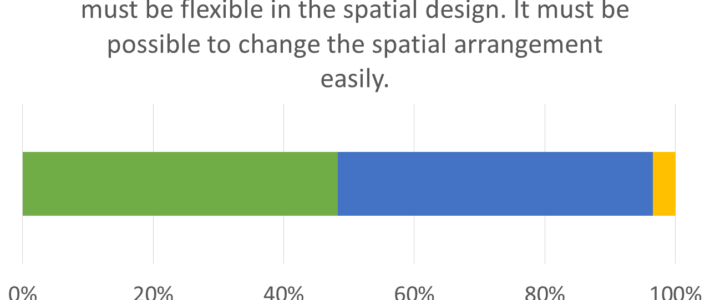Ethical Values
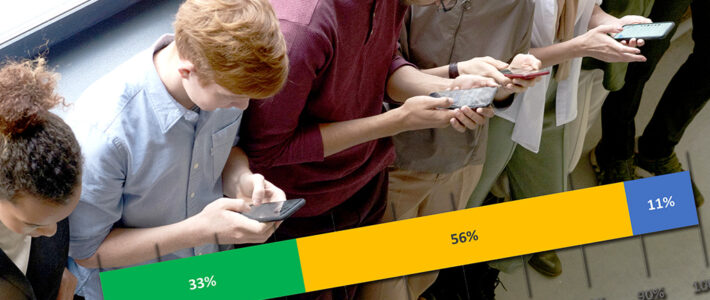
The EBI has launched a case study and asked five partners from Erasmus+ projects to share their impressions about their observations, especially in relation to their learners (and – of course – to their trainers). The results are made visible in the slide show (Data for the case study: 6 organisations, 18 trainers, and heads sent back the questionnaire).
Remark: Use the errors to see all seven slides with the statistical-processed data!
Asked Questions
- Our trainers/we as an organisation/I as a person have noted various societal problems, such as hatred on the net, lack of togetherness, discrimination, and prejudice based on race, gender, sexual orientation, and similar.
- Our trainers/we as an organisation/I as a person have been observing an inevitable decline in values in society lately, like hatred on the net, lack of togetherness, discrimination, and prejudice based on race, gender, and sexual orientation, which worries them.
- Our trainers have recently observed a decline in moral principles among learners, like missing respect, lack of togetherness, discrimination, and prejudice based on race, or gender.
- Our organisation seeks to provide trainers with a uniform basic attitude toward ethics and morals.
- Our organisation aims to positively impact learners through a unified ethical stance and thus have some influence on the positive development of society.
- For our organisation, a uniform ethical attitude within the team is essential.
- In the future, our organisation wants to offer training and education on moral principles in specific areas (e.g., behaviour on the net, green values).
Findings and deeper-going interpretation (Ethical Values)
The COVID-19 pandemic has brought about significant changes in many aspects of society, including ethical values. As one factor, the COVID-19 crisis has highlighted disparities and inequalities within society. The pandemic has exposed systemic issues such as income inequality, racial and ethnic discrimination, and inadequate healthcare systems. These disparities have raised ethical questions about the allocation of resources and the obligations of governments and corporations to address these issues.
Hate speech and cyberbullying
The anonymity and reach of the internet have created a platform for hate speech and cyberbullying, where individuals can attack and harass others with relative impunity. This has created a new set of ethical challenges, as people struggle to balance the right to free speech with the need to protect individuals from harm.
Racism and discrimination
The past decade has seen a resurgence of racist and discriminatory attitudes, with many people using the internet to spread hate and misinformation. This has raised ethical questions about the responsibility of tech companies and individuals to address and combat these harmful behaviors.
Online harassment and doxxing
The internet has also facilitated the rise of online harassment and doxing, where individuals use the web to threaten and intimidate others. This has led to a growing concern about the ethical implications of online behavior and the need for greater protection and accountability.
Intergenerational ethical approach
It’s not accurate to say that the intergenerational ethical approach has changed negatively in the last decade, but it can be argued that the challenges to achieving intergenerational ethics have increased. Despite increased awareness and a growing recognition of the need to prioritize intergenerational ethical considerations, many of the problems facing future generations have become more acute in recent years.
For example, climate change and environmental degradation have continued to worsen, and income inequality has increased in many parts of the world, making it more difficult to achieve a sustainable and equitable future for all. Additionally, technological advancements have brought new challenges, such as the rise of artificial intelligence and the potential for technological unemployment, that require careful consideration from an intergenerational ethical perspective.
Conclusion
In conclusion, while the past decade has seen many positive developments in ethical values, it has also brought new ethical challenges, particularly with regards to hate speech, racism, bullying, and similar issues that are facilitated by technology and the internet. Addressing these negative trends will require a collective effort to promote responsible and ethical behavior online and offline.
